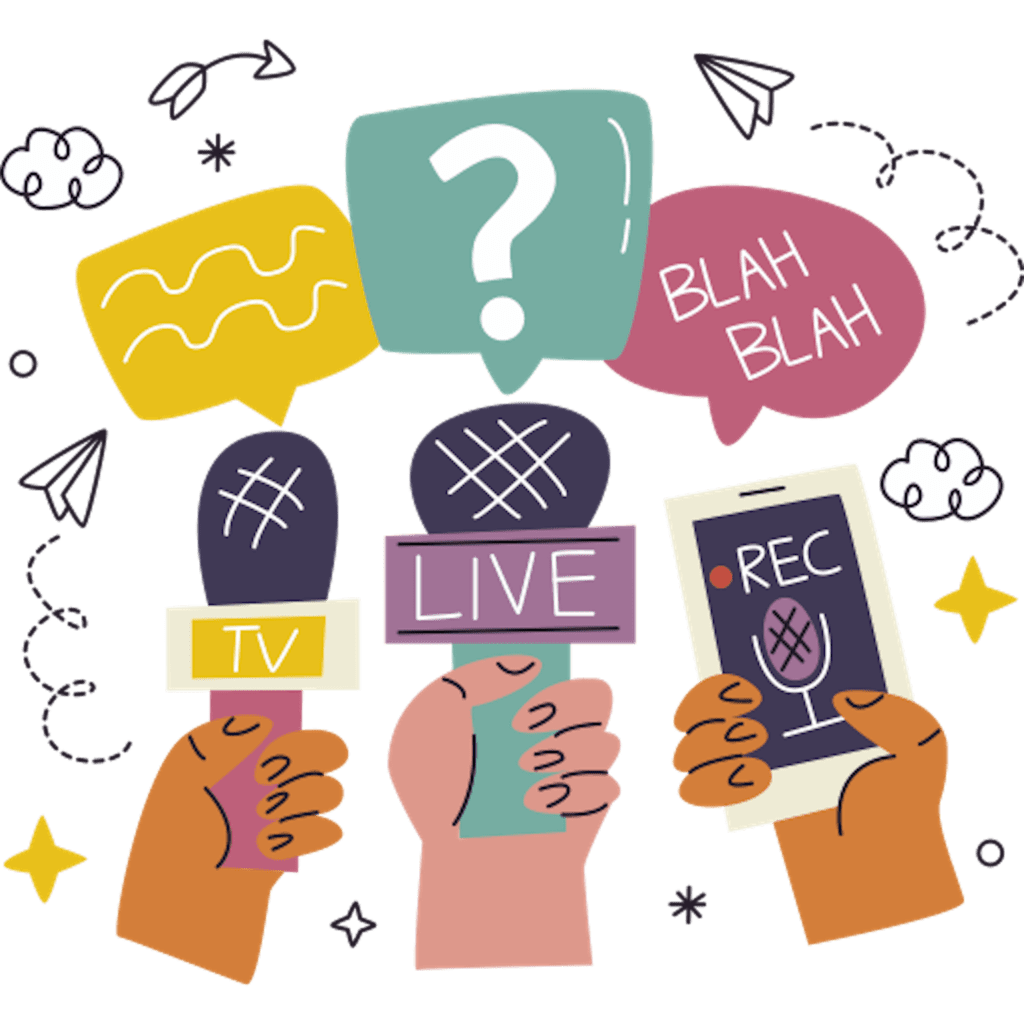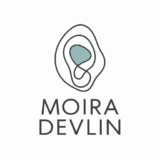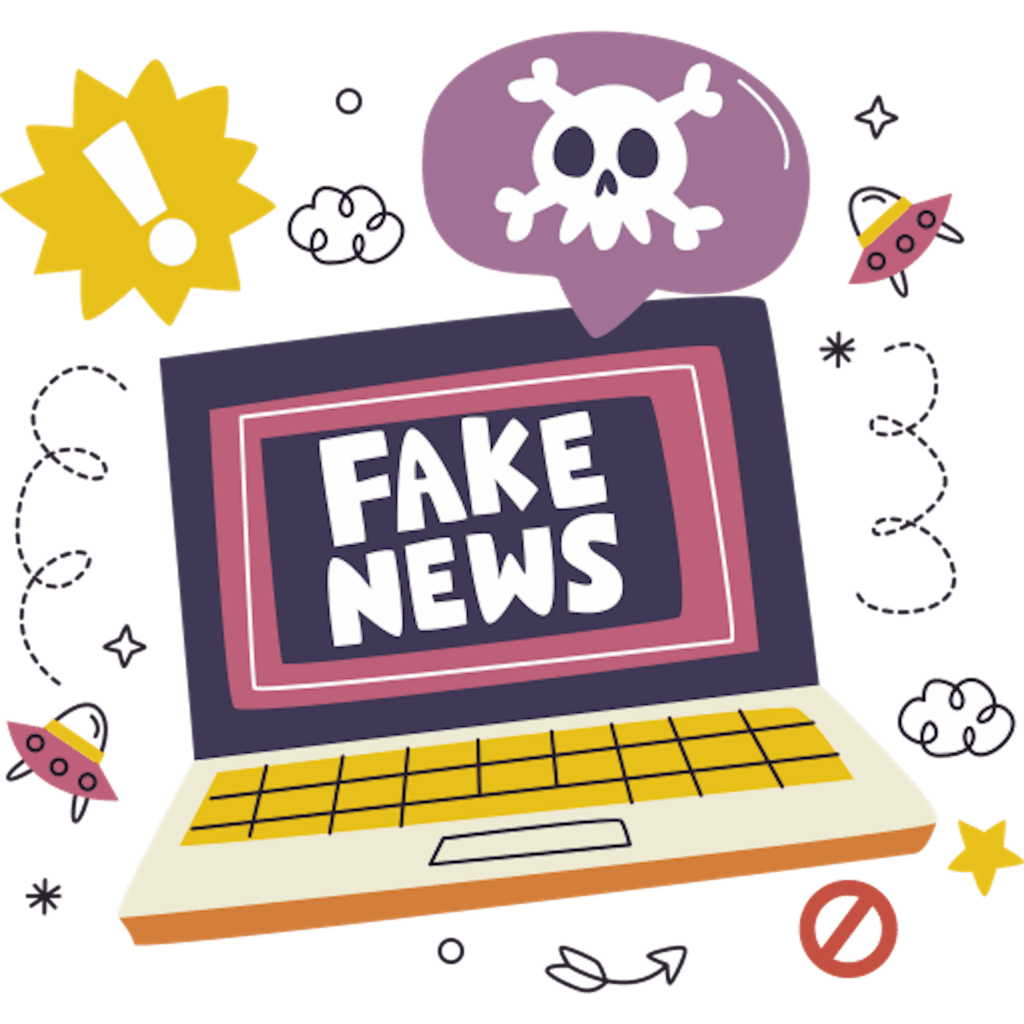Information, Misinformation and Disinformation
There are two major types of fake news. Misinformation is where incorrect information is spread, regardless of intent to mislead. It is any kind of wrong or false information. It can simply be a mistake. If someone presents information, be it to share a story without checking the facts, even relying on a story headline without checking the content which tells a different story.
Disinformation is false information made to look legitimate. Its purpose is to deliberately mislead or use biased information, manipulate a narrative or facts. Disinformation is intentionally spread such as propaganda or a hoax. During the coronavirus pandemic, there were many examples of fake news, both misleading and false. This includes conspiracy theories like Covid caused by 5 G, The virus escaped from a Chinese lab, or even COVID-19 does not actually exist (1). This exposure is widespread, wherea survey found between 45-54%of consumers worldwide had witnessed false or misleading COVID-19 news (2) .

Coming Of Age
The same survey (2) found 34%-51% of consumers experienced fake news on Politics. Today, the Internet is the primary source of news for many for data and information on everything from war, famine, climate change, politics through to celebrities latest diets, fashion, or must colour to wear for Autumn! We are so overloaded with so much data from high quality factual output through to frivolous nonsense.
And it is not just the breadth of data available 24/7, which represents a challenge for us to disseminate, it is the streams of misinformation/disinformation wrapped around some valid statements or sound bites. A spaghetti junction of data sometimes too overwhelming to unravel. How do you make sense of this to reach solid conclusions and disseminate and assimilate data? How do you verify what you are reading, watching or listening to? Before answering let us consider how we utilise our thinking processes.
Telling Us What We Want To Hear
What is it about us where our default position can be to look for and trust information that confirms our existing beliefs and values? And frequently, this is even when someone has invented information. We have a fundamental problem with bias and this bias clouds our critical thinking when reviewing and making judgements about information. Most times, it renders our critical thinking useless. We would prefer to find data to corroborate a view, even if that information or claim is fallacious.

Fantasyland Of Fallacies
What is a fallacy? It is a system of reasoning that is invalid or can erode the rationale substance of an assertion or argument. (3) There is a vast range of fallacies out there. They can be formal or informal, and are commonly used when the person’s aim is to reach common agreement. You may use fallacies without realising it or recognise them from others. These fallacies are based on a bias. This is your inclination or prejudice towards or against something or someone. Many biases are often based on stereotypes rather than sound knowledge or experiences. It is a cognitive shortcut we use to quicken our problem-solving and decision-making process which leads to us to jump to conclusions and show poor behaviours.
I Knew It All Long…
Even although you did not, this is hindsight bias. It protects our self-esteem. This confidence boost can be a good, but in certain situations, it can lead to costly decisions. There are too many biases to cover here. As well as hindsight bias, some common ones you may know already include the anchoring bias, where people are over-reliant on the first piece of information they hear about. Or availability heuristic where people overestimate important information available to them, for example, a person might say that smoking, drinking or eating animals is not unhealthy because they know someone who lived to 90 by eating red meat, drinking a bottle of wine and smoking a packet of cigarettes every day.
Confirmation bias is when we listen only to information that confirms our preconceptions. One of the many reasons it is challenging to discuss subjects like climate change and animal agriculture. There are many forms of cognitive bias, which influence our thinking, making it faulty. So it is beneficial for you to take some time to understand any key ones affecting your thinking and observe how they influence your problem-solving, decision-making and behaviours.
Now let’s go back to those questions: How do you make sense of so much information to reach solid conclusions and disseminate and assimilate data? How do you verify what you are reading, watching or listening to?

Power To Overcome Fake News
We can view critical thinking as lofty and dusty something created in ancient Greece during Aristotle’s time or as somewhat philosophical. But critical thinking is neither lofty nor dusty nor ancient or just for philosophers. It is something we should do every day in order to disseminate and assimilate the huge amounts of data around us. So let’s start with answering for what is critical thinking? In its simplest terms, it is about analysing processing and making sense of information. It involves checking in on your own thoughts, how they emerge and how free from bias they are. Being excellent at critical thinking means you have to have significant levels of open-mindedness. You should try to be evenhanded with your own thoughts, spotting those biases and discriminations, and correcting them.
A Critical Thinking Mindset
Practising critical thinking means not only can you assess data, but it is helpful for your career. To be good at critical thinking, you need to ask relevant logical questions, gather data and assess it, with well-rounded conclusions and assess against counter evidence. So start practising critical thinking, consider:
Purposeful reading, watching or listening by asking constructed questions – break down your questions and consider using five Ws (Who, What, Where, Why, When) plus H (How) (4) Ask yourself what information you already know, you what is your aim and what might you miss or overlooking.
- Deal with your bias. Understand about the cognitive shortcuts you used to reach decisions or make quick inferences about what’s going on around you or the data you are reviewing. Learning to look out for any biases you have and making it a habit to question them means you can filter out any I’m helpful stereotyping or jumping to conclusions.
- Record your thoughts after you have read, watched, or listened to something. This will help you construct an argument for something, appreciate any form of bias, disseminate any data and then assimilate it into a useful summary or conclusion.
- Follow a checklist – identify a range of positions as options, compare and contrast, judge the credibility of the sources, evaluate opposing arguments based on evidence, bring together a range of evidence to gather your points, then draw conclusions based on what you have discovered. Then consider how you were present your argument.

Time To Say No To Fake News!
A European survey confirmed that 48% of respondents were checking facts to assess their validity and avoid fake news (5). By using the structure of critical thinking and managing any bias, you can become an expert in disseminating and disseminating information to find value, problem solve and make intelligent decisions. You will see through fake news and get to the core of a matter fast. In a world of much confusion, various agendas, political influence, it makes sense to assess your critical thinking processes and say no to fake news.
REFERENCES:
- Lynas, Mark (2020), COVID: Top 10 Current Conspiracy Theories, Alliance for Science, https://allianceforscience.cornell.edu/blog/2020/04/covid-top-10-current-conspiracy-theories/
- Watson, Amy (2022) Fake news worldwide – statistics & facts, Statista
- Aristotle (384-322 BCE) Organon, (includes Sophistical Refutations) Smith, Robin. (2017)”Aristotle’s Logic”. In Zalta, Edward N. (ed.). Stanford Encyclopaedia of Philosophy.
- Aristotle (384-322 BCE) Greek philosopher – Britannia Anselm, Amadio, Kenny, Anthony J.P. et al 1999 – 2021
- Sloan, Michael.C. (2010). “Aristotle’s Nicomachean Ethics as the Original Locus for the Septum Circumstantiae”. Classical Philology. 105: 236–251
- Watson, Amy (2021) How do you check if facts in the news can be trusted?, Statista
© 2022 Lifexpression Limited All Rights Reserved
© 2022 Shutterstock.com. © 2022 Envato Pty Limited


